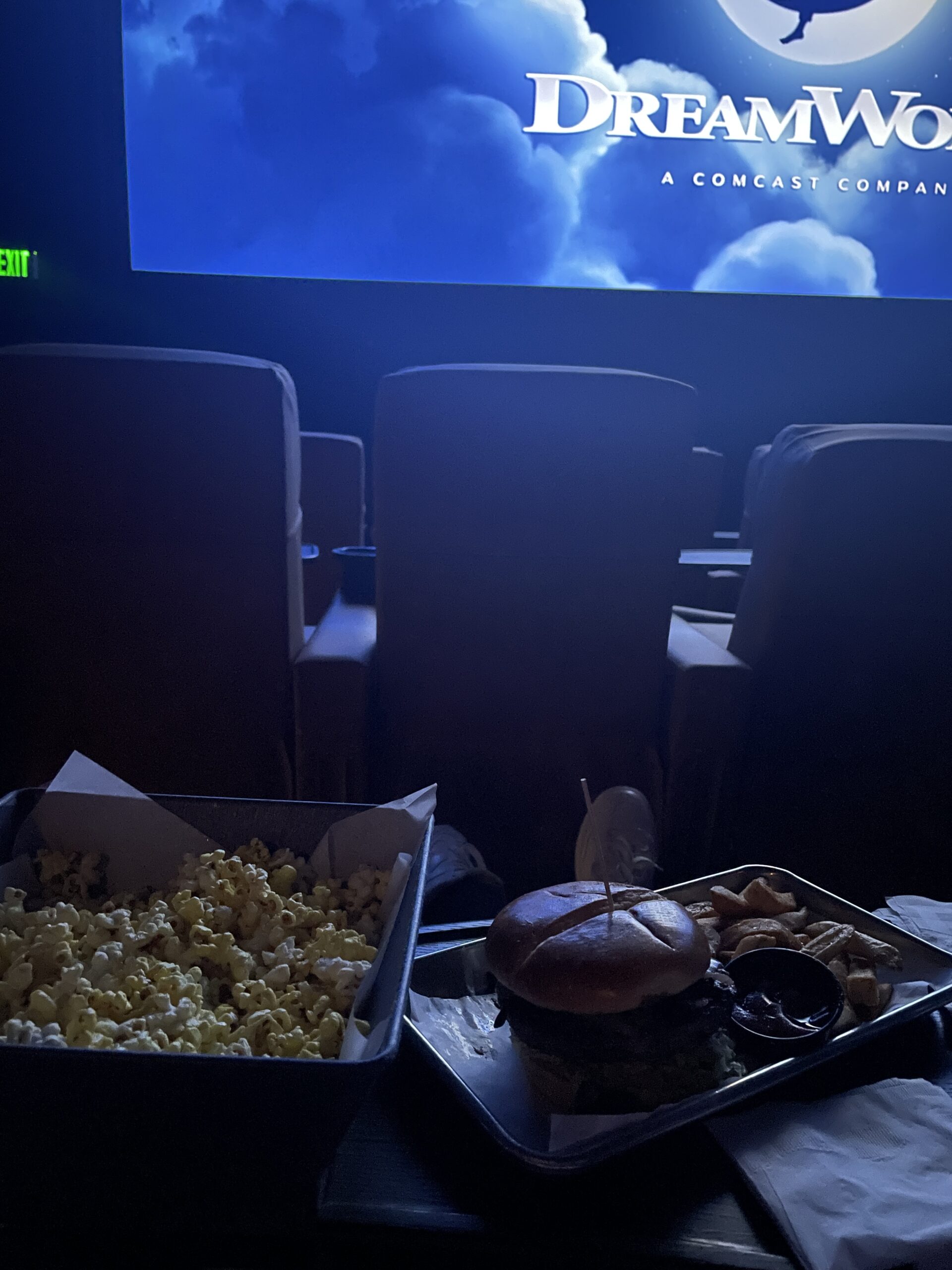Navigating Family Dynamics in Donor Conception: Vital Tips for Parents
Parents of donor-conceived children may experience a range of emotions as they build their families. Emotions such as loss, joy, excitement, anxiety, fear, or confusion can be overwhelming. The parents’ main aim is to support their children’s happiness, success, and closeness, but they may project their own feelings due to a lack of education on the subject. Here are some tips for parents of donor-conceived children:
- You are their family.
It’s important to remember that despite their biological background, the children see their family as the people who raised and cared for them.
- Feelings may change.
Children’s emotions about their donor can change as they grow and develop their own identity. Be prepared for shifts in emotions.
- Explore feelings together.
If your child is feeling upset about their donor, it’s important to talk about it and help them explore their feelings. Consider seeking guidance from experts if needed.
- Connection is important.
Children may feel sadness about not knowing their other biological parent, but it’s important to remember that connection is still important, regardless of biological relation.
- Mentioning the donor is okay.
Mentioning the donor to your children won’t stir negative feelings and they won’t forget how they were conceived.
- Speak kindly about the donor.
Saying nice things about the donor to or in front of your children will make them feel good about that part of themselves.
- It’s their information.
Remember that donor information belongs to your child and they will choose who they want to tell and when.
- Meet other non-traditional families.
Meeting children from different family structures or adopted children can help comfort your child and show them that they are not alone.
- Allow sadness.
If your child experiences sadness about being donor-conceived, it’s important to let them feel those emotions. Differences may be disappointing at times, but that won’t last.
- Your child is still a child.
Your child’s personality and stage of development may influence their feelings about the donor. Don’t worry about making mistakes, your relationship will develop over time. The more accepting you are of their donor, the better they’ll feel.
Learn about my own expirence as Donor Conceived or get a glimps my life on Instagram @donorchild
Parents of donor-conceived children must be understanding and supportive of their children’s needs. It’s important to remember that every family is unique and that the experiences of donor-conceived children will vary. As a parent, it’s crucial to educate yourself and be there for your child when they need you. With open communication and love, parents can build strong, happy families despite the challenges that come with donor conception.






